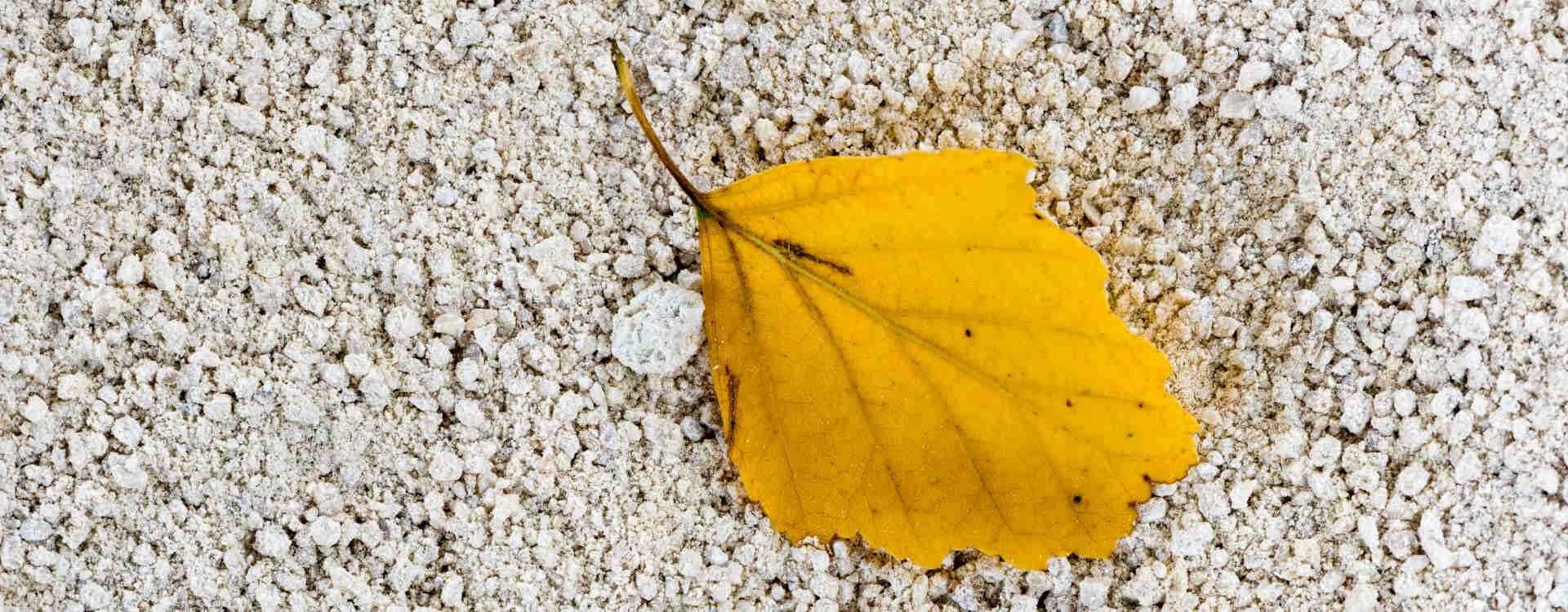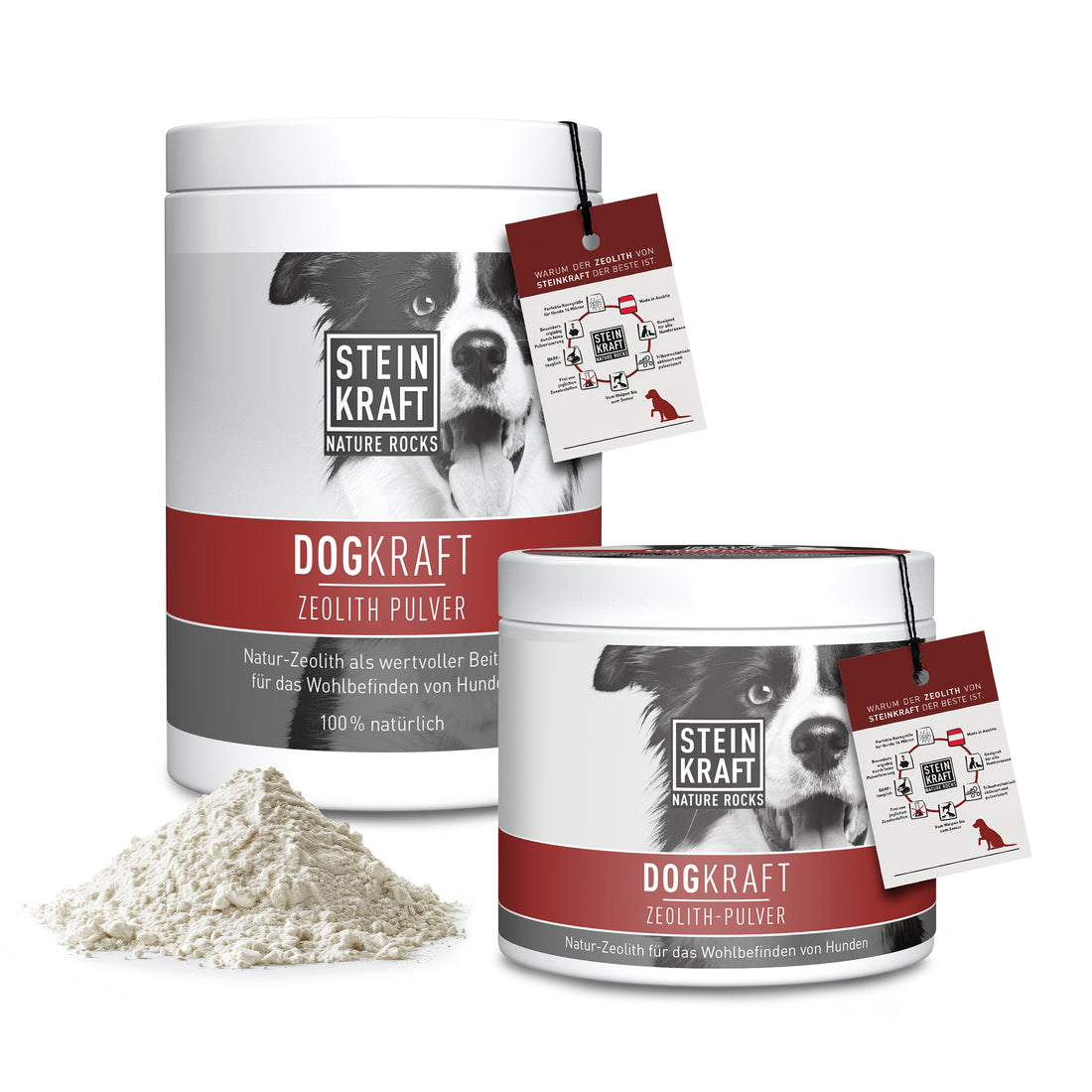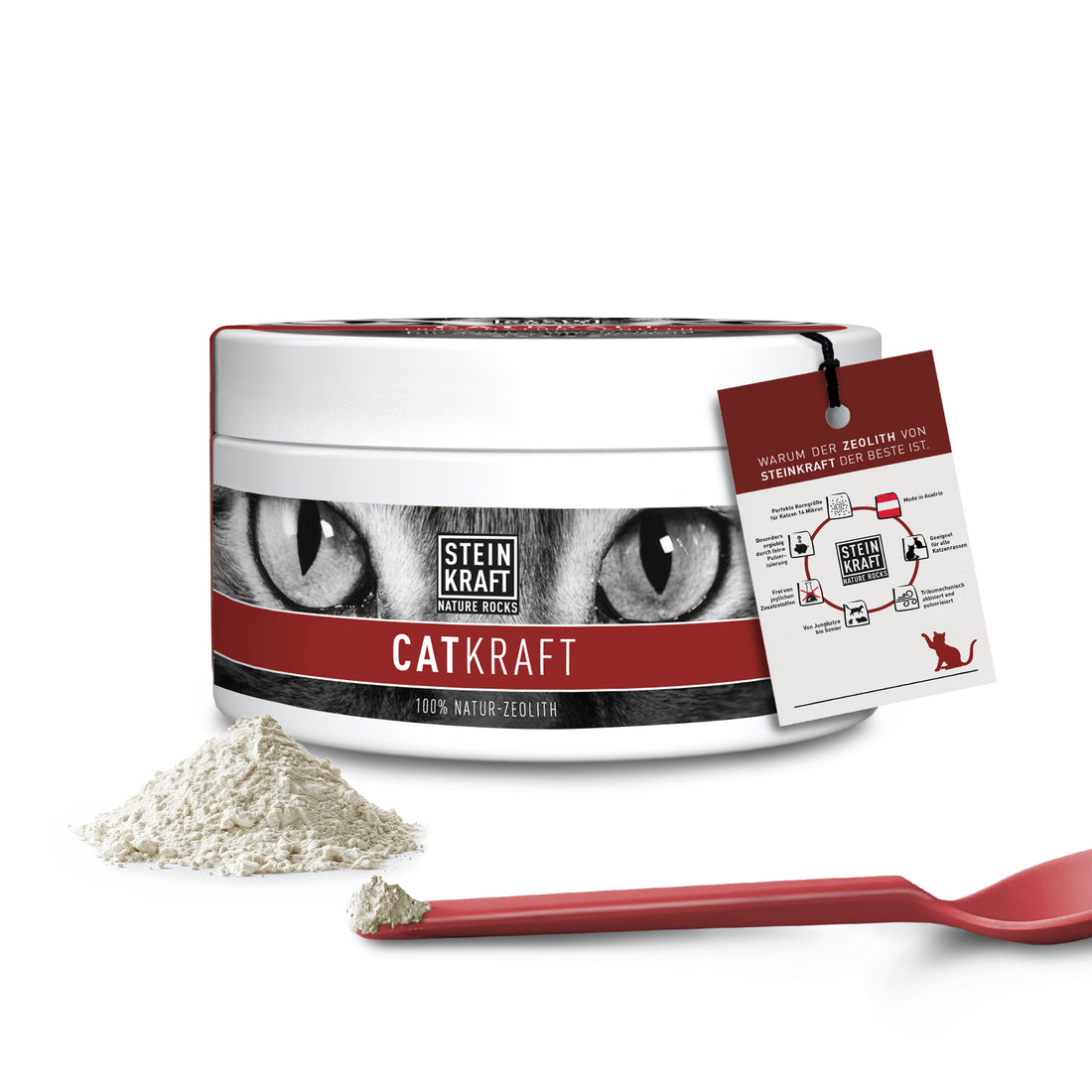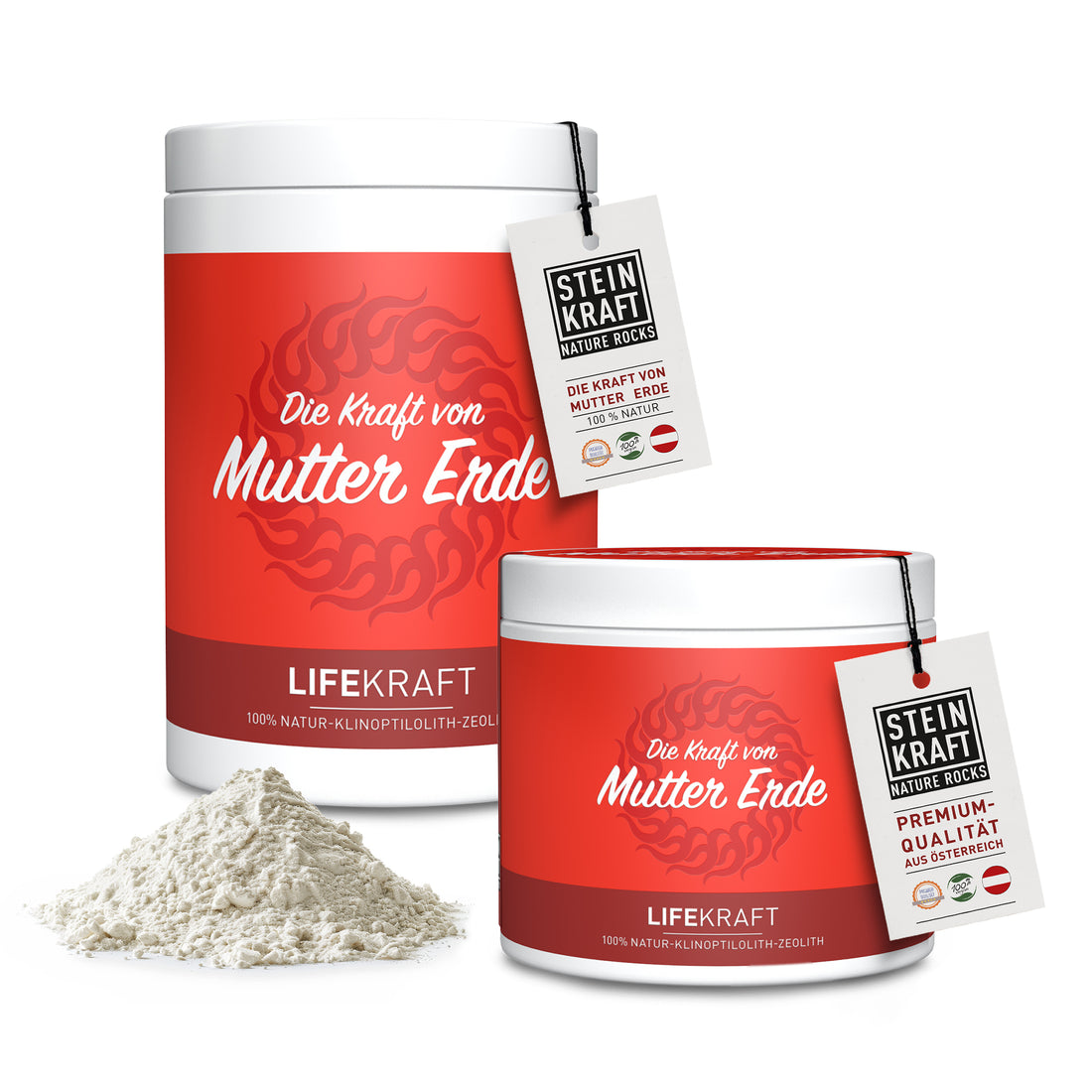Tribomechanical - this difference in zeolite milling makes all the difference!
Conventional grinding processes are carried out using ball mills.
I recently took a closer look at one of these mills. Huge, spherical shapes made of different metals grind the minerals (such as zeolite). They are rubbed against each other until the raw material reaches the desired fineness. These spheres have to work for quite a while to achieve a fineness of 50 microns. These spheres (sometimes discs) have to be replaced regularly because of the high rate of metal abrasion.
And where does this abrasion go during grinding with conventional ball mills?
Zeolite attracts metal, and thus the abrasion is absorbed and contaminated by the zeolite. At the same time, the internal crystal lattice is compressed during this grinding process. The effectiveness of the zeolite is therefore minimized.
My brother always explains it using a Maltesers chocolate bar as an analogy:
If they were ground up, the inner cavities would eventually be crushed and thus sealed. And that's precisely what we DON'T want!

And this is what is important to know about STEINKRAFT zeolite:
With our STEINKRAFT products, we avoid all of this thanks to our special Air2Air tribomechanical micronization process : the crystal lattices are preserved, even further opened up, the effectiveness is increased, and the zeolite is finely pulverized without abrasion.
What does this mean for you as a zeolite customer?
Always ask about the milling method. My observations are that particles up to 50 microns are almost always milled with ball mills directly at the mining site. In our lab, we can easily measure the particle size. Often, particles labeled 50 microns contain particles of 100 microns or more. Last week, we measured a product supposedly labeled 50 microns: it was clearly a rip-off. It contained particles up to 300 microns. These products don't do much good. Not even in the soil.
But more on that in another blog post about grain size >>
Conventionally ground zeolite with high heavy metal content:
Here we include some pictures that will show you the difference very drastically.
👉 Here you'll find the product of the month and a good overview of all STEINKRAFT product lines.
👉 Here you can find all STEINKRAFT products at a glance - directly in the shop
















